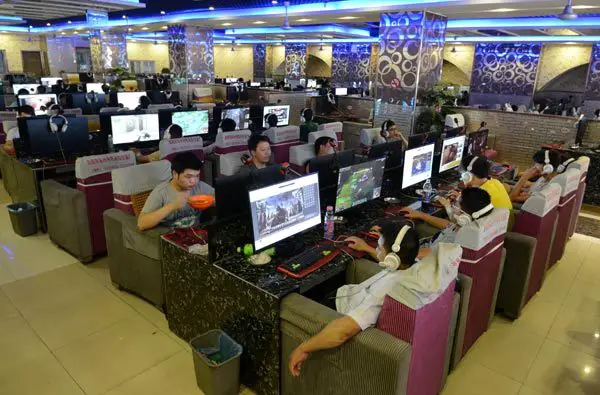Governments of every nation selectively practice Internet censorship but in China, it is extreme due to a wide variety of laws and administrative regulations. The recent move from the Chinese government takes censorship to a next level as the authorities have decided to gain even more control over the Internet by restricting the use of virtual private networks. A VPN or Virtual Private Network is a service that allows users to access websites that are currently unavailable on the Chinese mainland.

China blocks VPNs
The move means all cable and VPN services will require prior approval from the government for distribution of the content. The new directive mainly targets virtual private networks (VPNs) or leased lines that allow users and businesses to access blocked overseas websites without seeking permission from the government of the day.
The Chinese government is committed to the healthy development of the Internet sector in the country, which is already the biggest in the world with about 650 million users, and has taken several steps to regulate the industry, said Wen Ku, director of the telecom department at the Ministry of Industry and Information Technology.
The change is also in line with the vision of China president Xi Jinping’s administration – Internet sovereignty which intends to gain complete rights to wall off their nation’s cyberspace from unwanted elements.
It was observed, domestic companies in China mainly use VPN software to get around the government’s filters and conduct business. Moreover, private citizens often employ VPN technology to access banned foreign websites such as Google, Facebook in China. As a terse response to this activity, China decided to block access to VPNs and disrupts their channels, permanently.
In addition to the above, the government of China has ordered the companies and businesses must also conduct “self-inspections” for any unlawful activity taking place on their servers, which would include those discreetly providing VPN services.
Goodbye China. 😮
Well China hasn’t blocked VPN services instead, a special permission would be required to use them. I would be travelling to China in a couple of days and would be using PureVPN as it’s the best one out there in dodging these restrictions.